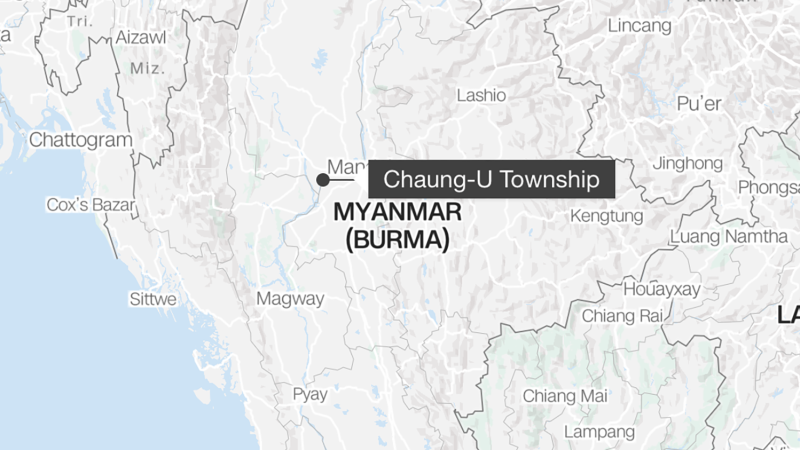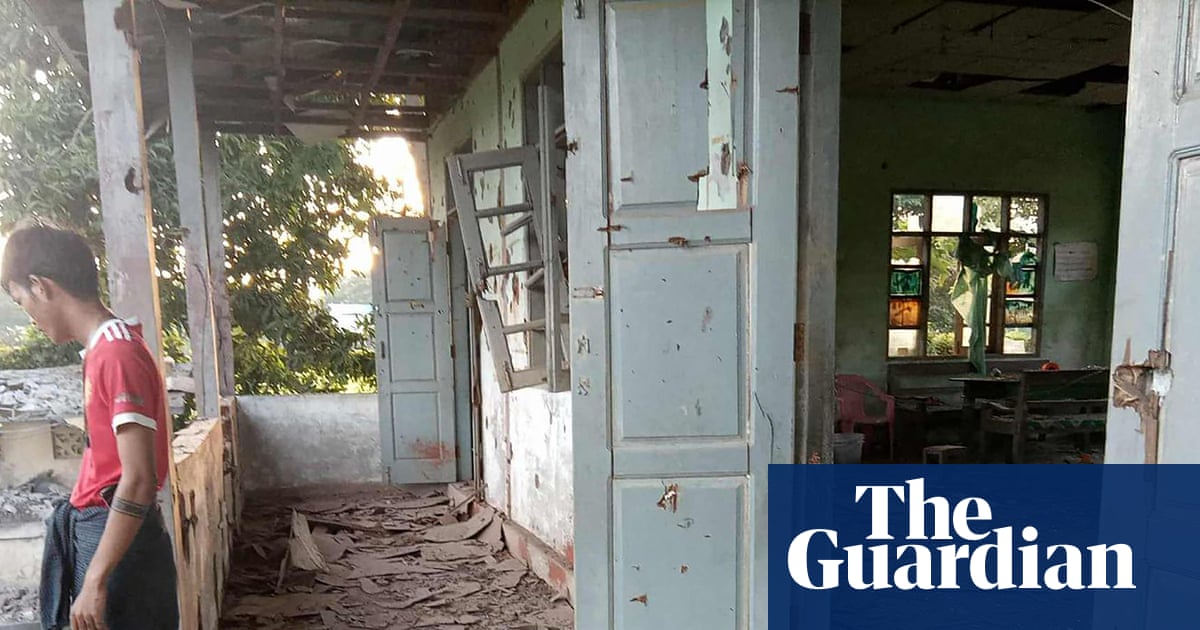Myanmar Military Kills Over 7,300 Since 2021 Coup
Myanmar's security forces have killed over 7,300 people since the military seized power in 2021, marking a significant human rights crisis in the country.
Subscribe to unlock this story
We really don't like cutting you off, but you've reached your monthly limit. At just $5/month, subscriptions are how we keep this project going. Start your free 7-day trial today!
Get StartedHave an account? Sign in
Overview
- Over 7,300 people have been killed by Myanmar's security forces since the military seized power in 2021, indicating a severe human rights crisis.
- The killings are a direct result of the military's actions following its forceful takeover of the government in Myanmar.
- This significant death toll has accumulated since the military coup in 2021, marking a period of intense repression and conflict.
- The ongoing violence perpetrated by security forces underscores the brutal impact on the civilian population across Myanmar.
- The situation highlights a critical human rights concern, demanding international attention to the ongoing crisis in the country.
Report issue

Read both sides in 5 minutes each day
Analysis
Center-leaning sources frame the Myanmar military as a brutal aggressor targeting civilians and resistance forces. They emphasize the high civilian death toll, including children, and the peaceful nature of the attacked Buddhist festival. By relying heavily on resistance and villager accounts and highlighting the military's silence, the coverage consistently portrays the military's actions as illegitimate and devastating.
Articles (3)
Center (1)
FAQ
On February 1, 2021, Myanmar's military (the Tatmadaw) staged a coup, detaining senior leaders of the democratically elected government, including Aung San Suu Kyi, and declaring a state of emergency. The military justified the coup by alleging election fraud in the 2020 elections, which Aung San Suu Kyi’s National League for Democracy had won by a landslide. This action was met with immediate international condemnation and sparked nationwide pro-democracy protests.
The international community has widely condemned the Myanmar military's actions, with many countries and organizations imposing sanctions and calling for the restoration of democracy. The United Nations and various human rights groups have documented the military’s violent crackdowns, targeted attacks on civilians, and other grave human rights violations, urging increased international attention and intervention given the scale of the crisis.
In response to the coup, a widespread civil disobedience movement emerged, including strikes by civil servants, pro-democracy protests, and later, armed resistance. In April 2021, ousted lawmakers, protest leaders, and ethnic minorities formed the National Unity Government (NUG), which declared a “people’s defensive war” and established the People’s Defence Force (PDF) as its armed wing. Ethnic armed organizations have also intensified their resistance, coordinating with pro-democracy forces in various regions.
The conflict in Myanmar remains intense, with the military facing not only nationwide protests but also armed resistance from the PDF and ethnic armed groups. Despite the junta’s attempts to hold elections and offer ceasefires, opposition groups overwhelmingly reject these moves, viewing them as efforts to legitimize military rule. Experts note increasing leadership turmoil and defections within the military, but there is no clear path to a peaceful resolution or return to democracy in the near term.
The violence has caused significant civilian casualties, with over 7,300 deaths reported since 2021, and has led to widespread displacement, destruction of homes and infrastructure, and a deepening humanitarian crisis. Security forces have targeted resistance villages, burned settlements, and employed terror tactics, resulting in mass suffering and ongoing instability for ordinary citizens.
History
- This story does not have any previous versions.


